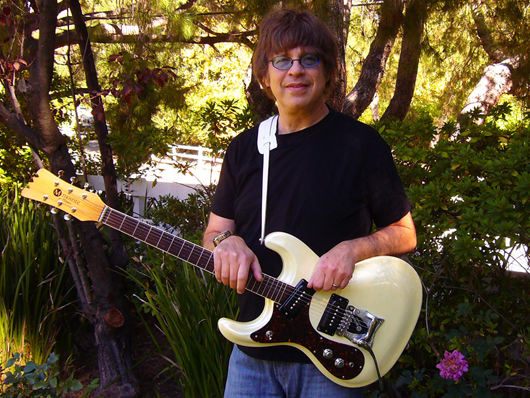
Elliot Easton's 12 most influential guitar recordings of all time
"A great guitar recording is one that influences scores of other guitar players," says The Cars' lead axeman Elliot Easton. "It's something that actually makes a difference in the evolution of the instrument. There are many great guitar albums and recordings, of course, but when I compiled my list, I made it a point to focus on the ones that really moved things forward a bit.
"For instance, when Jimi Hendrix came along, a lot of players took what he did and extrapolated on it. Hendrix, however, invented it. Obviously, nothing comes from nowhere, so perhaps he didn't 'invent' what he was playing. But he certainly turned things upside down in a dramatic fashion, to the point where it became hard to spot his influences."
Easton's own playing - a thrilling mix of pop, blues, jazz, rock and rockabilly - has been equally hard to pin down, and it's prominently displayed on The Cars' first album in 24 years, Move Like This. To celebrate the comeback of both Easton and The Cars, we asked the southpaw six-string star to name those recordings that, in his opinion, "pushed guitar playing further in the evolutionary chain."
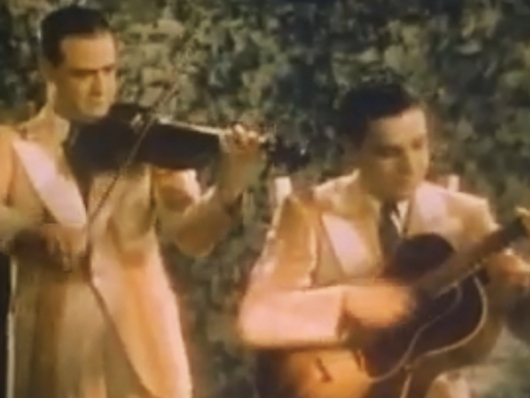
Eddie Lang and Joe Venuti - Teasing The Frets (circa 1929)
“This is an early jazz track that showed what the guitar could do as a lead instrument. Up till this point, it was only seen as a rhythm instrument in an orchestra. The guitar on this song wasn't electric - it was a Gibson Lloyd Loar L-5, a non-cutaway hollow body with f-holes.
“This is an amazing, spritely duet featuring guitar and violin. As a guitarist, Eddie Lang had dazzling technique, and his solo here was pretty flashy. Not much in that way had been heard before, so I view this as being a crucial, extremely revolutionary recording.”
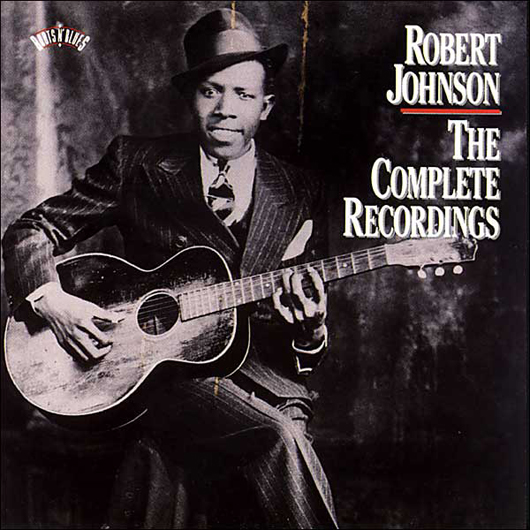
Robert Johnson - The Complete Recordings (1936 - 1937)
“There are so many reasons to name Robert Johnson. Compared to his contemporaries, his technique was so fluid and precise. The impact that his music had on generations, from everybody in the Chicago blues scene to British blues players to modern rock, is unprecedented.
“His influence is still being felt to this day. A monumental artist and an essential set of recordings.”
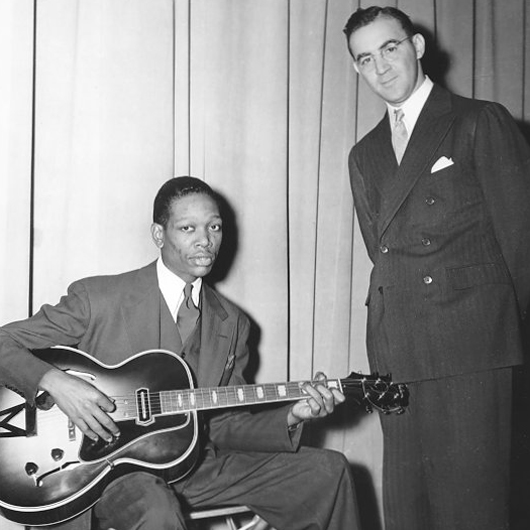
Charlie Christian With The Benny Goodman Orchestra - Solo Flight (1941)
“There were other players at the time who were doing similar things, but Charlie Christian was the only guy who really got it, who played these incredible horn lines on the guitar.
“He was also one of the first players to plug in an electric guitar and do all of these bebop and swing solos. In doing so, he showed people the many ways that the guitar could shine in both orchestras and small groups. In my opinion, Charlie Christian wrote the book on playing electric jazz guitar, and everything that’s followed has, in some way, taken from what he created.”
Listen: Charlie Christian With The Benny Goodman Orchestra - Solo Flight (1941)
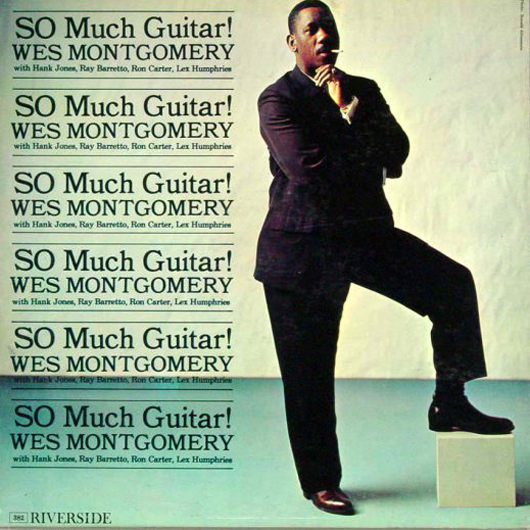
Wes Montgomery - So Much Guitar (1961)
“Wes had such a fresh approach to the guitar. His octave sound, the way he’d play a melody and the moves he made on the neck, it was all so beautiful and highly influential.
“He paved the way for people like George Benson and Lee Ritenour. Some people might see this as a negative, but the whole ‘easy jazz’ thing was very much a product of Wes Montgomery’s work. Listen to what he did in the ‘60s, playing pop songs with a jazz style on songs like Going Out Of My Head and A Day In The Life – wonderful phrasing and voicings."
Listen: Wes Montgomery - Twisted Blues (1961)
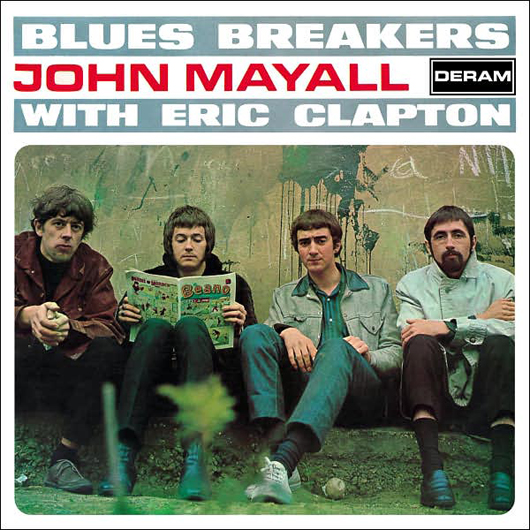
John Mayall And The Bluesbreakers Featuring Eric Clapton (1966)
“I’m a little split between Cream’s Disraeli Gears and ‘The Beano Album,’ but as a personal favorite I’d say it’s Beano, which certainly was highly influential.
“This is probably the first time anybody heard a Les Paul played through a Marshall. Not much more needs to be said. It changed everything, and you can still hear the impact of what Clapton did today.”
Listen: John Mayall And The Bluesbreakers Featuring Eric Clapton - All Your Love (1966)
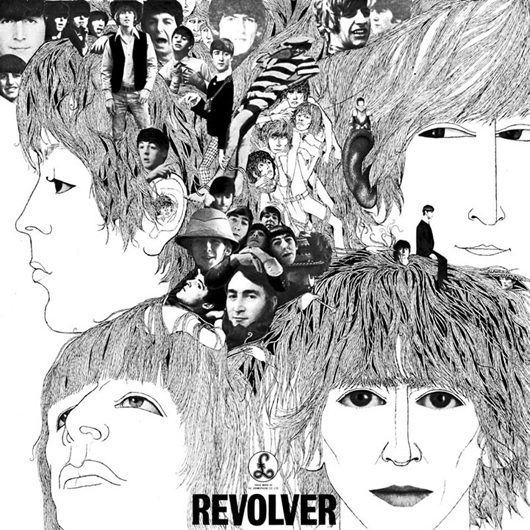
The Beatles - Revolver (1966)
“This is one of those records that truly brought rock guitar into the modern age. Even today, the parts are so fresh, and there’s such an incredible variety of sounds and tones.
“I think this record was a wake-up call to guitar players at the time. The solo on Taxman, the sounds on She Said, She Said… It’s such a great record. Oh, and the backwards guitar on I’m Only Sleeping? Totally revolutionary.”
Listen: The Beatles - I'm Only Sleeping (1966)
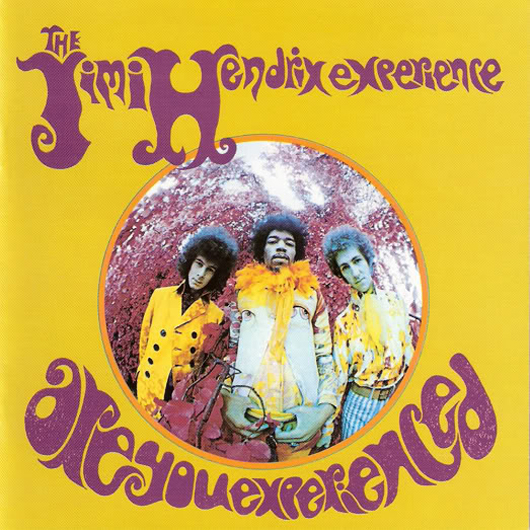
The Jimi Hendrix Experience - Are You Experienced (1967)
“Another record that changed everything for guitar players. It’s almost like going from BC to AD in the way that all the rules were different after people heard this album.
“One could go on about all of the sonic advances that were made by Jimi Hendrix. But the fact remains that people still use what he did, particularly on this album, as a jumping-off point for what they do with the guitar. You can’t overstate the importance of Are You Experienced.”
The Jimi Hendrix Experience - Are You Experienced? (1967)
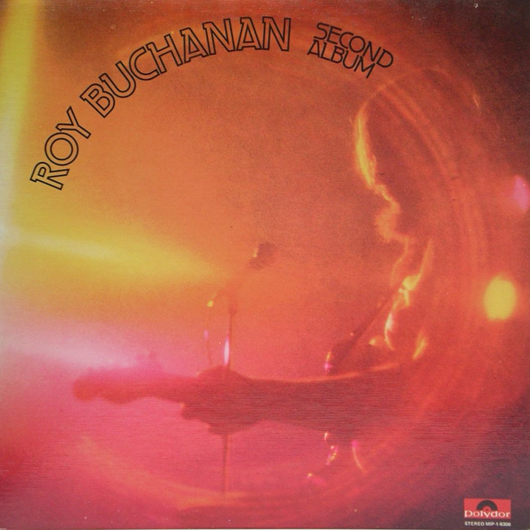
Roy Buchanan - Second Album (1973)
“As a fan of what can be done with the Telecaster, this album pretty much shows you all you need to know. It’s a hair-raising record.
“Anybody who’s interested in pursuing the tricks and the idiosyncratic ways the Telecaster can be employed – and the Tele is a very near and dear instrument to me – should listen to this album.”
Listen: Roy Buchanan - Tribute To Elmore James (1973)
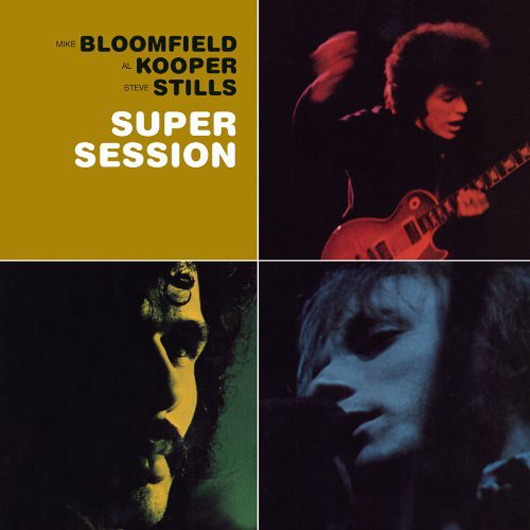
Mike Bloomfield, Al Kooper, Stephen Stills - Super Session (1968)
“I'm picking this one purely for the reason that nobody’s ever played a slow Chicago blues quite like Mike Bloomfield did on Albert’s Shuffle. It’s absolutely sublime.
“A wonderful experience. Guitar players owe it to themselves to seek this album out even today.”
Listen: Mike Bloomfield, Al Kooper, Stephen Stills - Albert's Shuffle (1968)
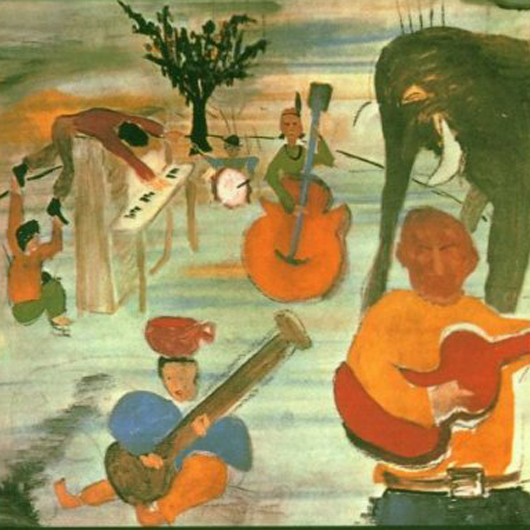
The Band - Music From Big Pink (1968)
“Dylan called Robbie Robertson a ‘mathematical guitar genius,’ and I think it was an apt description. The playing on this record hit guitarists hard, so much so that it prompted Eric Clapton to break up Cream. He became convinced that the bombast and the long jams were over, and people were getting back to songs.
“Robbie Robertson’s economical solos had a huge influence on guitar players all over the world – they certainly made a big impression on me. In fact, people are still learning from this record. It really shows you how to play solos to serve the song.”
Listen: The Band - To Kingdom Come (1968)
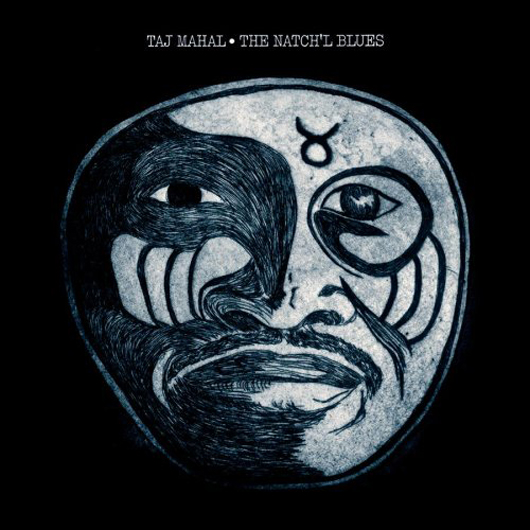
Taj Mahal - The Natch'l Blues (1968)
“Taj Mahal recorded this with Jesse Ed Davis, another genius of the Telecaster. Jesse was a full-blooded American Indian who also played with John Lennon. He played at the Concert For Bangladesh, too.
“Jesse was another one of those guys who played the perfect part for whatever the song was. I don’t know if it’s a lost art or not, but when you listen to a record like this, you realize how few guitarists understand the finesse it takes to play only what’s necessary in all the right places.”
Listen: Taj Mahal - The Cuckoo (1968)
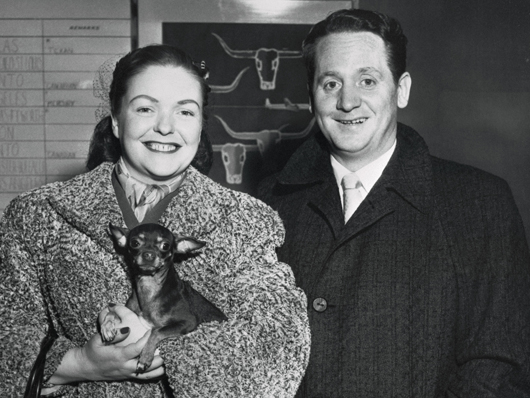
Les Paul And Mary Ford - How High The Moon (1951)
“It brought the guitar into the supersonic age, and it was so perfectly ahead of its time. The sound of the echo and the overdubbing – it’s one of those recordings that so beautifully captures its era.
“The whole sound of the record represents a time when America was so optimistic. Everything was on the ‘up.’ It was post-war, and everybody was feeling good about where we were headed. It’s just an exciting, fun record. Beautiful in every way.”
Listen: Les Paul And Mary Ford - How High The Moon (1951)
Joe is a freelance journalist who has, over the past few decades, interviewed hundreds of guitarists for Guitar World, Guitar Player, MusicRadar and Classic Rock. He is also a former editor of Guitar World, contributing writer for Guitar Aficionado and VP of A&R for Island Records. He’s an enthusiastic guitarist, but he’s nowhere near the likes of the people he interviews. Surprisingly, his skills are more suited to the drums. If you need a drummer for your Beatles tribute band, look him up.
